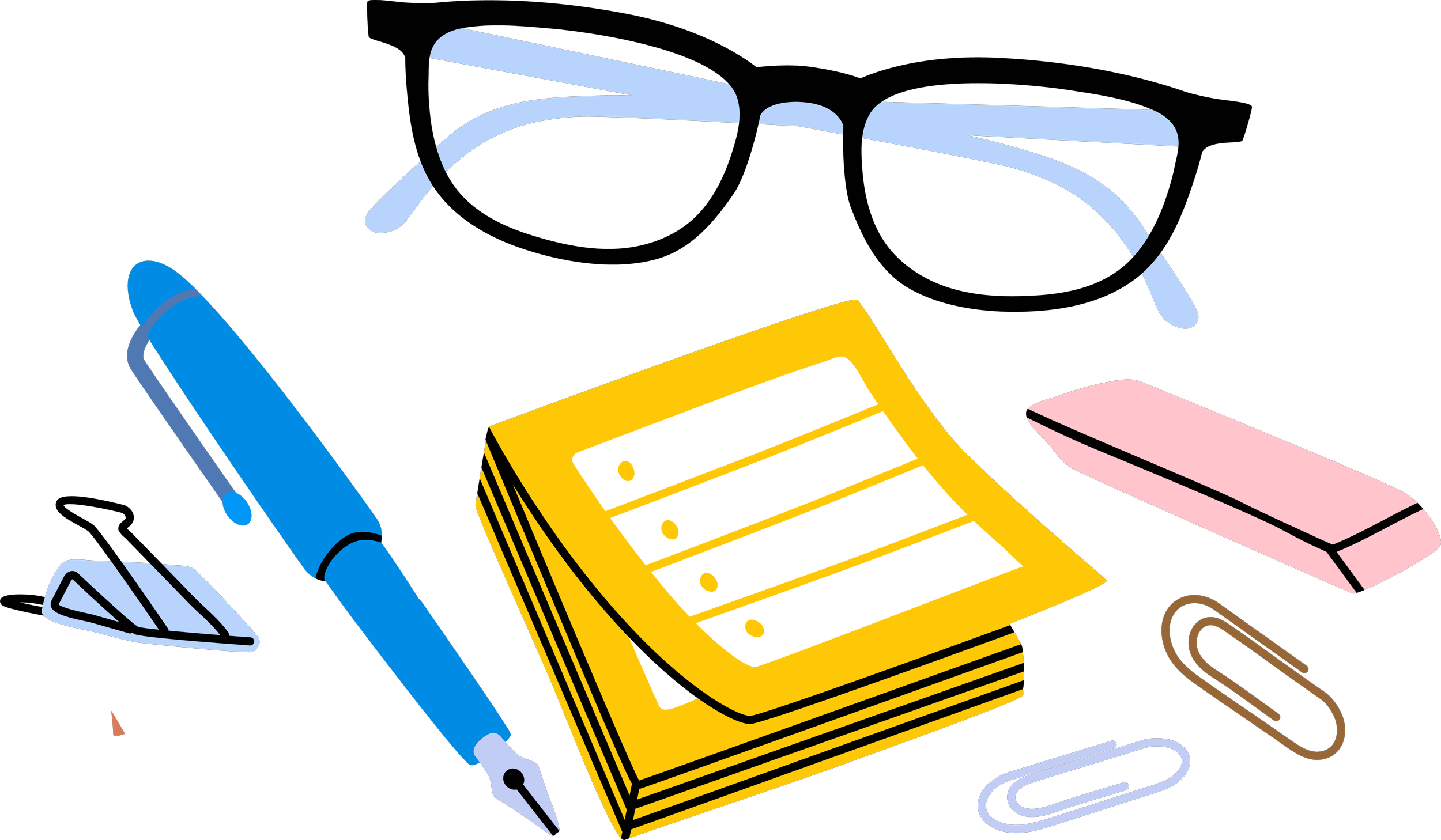
Frequently Asked Questions on Becoming a Paraeducator
About Paraeducators
-
A paraeducator is an educational professional who works alongside teachers to support student learning. Paraeducators play a crucial role in the education system, often working closely with students who need additional support. Paraeducators are often known by different names in Washington State such as paraprofessional, instructional assistant (IA), classroom assistant, or teaching assistant (TA).
-
Becoming a paraeducator offers several advantages:
You get to work with students in a learning environment
Your identities or demographics may align more closely with the student population
You can work and live in your community
You may bring linguistic diversity to the school
You'll gain valuable experience in the school culture
You get an opportuntiy to learn more about teaching in a classroom while making a positive impact in students' lives.
-
Paraeducators assist teachers with various tasks, including:
Preparing learning materials
Instructing individuals and small groups of students
Working one-on-one with students with special needs
Assisting in computer laboratories
Conducting parental involvement activities
Providing support in libraries or media centers
-
School hours (about 6-7 hours per day)
Monday through Friday
Following the school year calendar (summers off)
Some positions are part-time (less than 30 hours per week)
Some positions include after-school programs
-
Yes! Most paraeducators can join their local education union. This gives you:
Contract protection
Collective bargaining for wages and benefits
Professional support
Legal assistance if needed
-
Great paraeducators usually have:
Patience and kindness
Good communication skills
Flexibility
Dependability
Cultural awareness
Ability to stay calm in challenging situations
Enjoyment of working with students
-
Being a paraeducator can be challenging because you'll work with students who need extra help. Some days will be busy with changing schedules and different student needs. You might need to handle tough behaviors or help students who are having a hard time.
But the job is very worthwhile! You'll:
See students grow and learn because of your help
Build special bonds with students who count on you
Work as part of a school team making a difference
Help students gain confidence and new skills
Feel proud knowing you're making school better for kids who need support
Many paraeducators say the smiles and progress of their students make even the hardest days worth it!
-
Helpful technology skills include:
Basic computer use
Email and calendar management
Using learning apps and educational software
Knowledge of assistive technology for students with disabilities
Understanding online safety
Using classroom technology like smartboards
-
Yes! Paraeducators in Washington State can work in special roles with diverse learners including:
Special education paraeducators
English Language Learner (ELL) support
Behavior intervention specialists
One-on-one support for specific students
Library/media center assistants
Career and technical education support
-
Yes! Many people do this. Benefits include:
Real classroom experience while you study
Potential tuition support from your district
Flexible schedules that work around college classes
Making connections that can help you get hired as a teacher later
-
The main differences are:
Paraeducators work regularly with the same students all year while substitute teachers fill in temporarily when regular teachers are absent
Paraeducators work under a teacher's supervision, substitute teachers lead the classroom independently
Different education requirements apply to each role

Wages, Benefits, & Job Forecast
-
Paraeducators in Washington typically earn between $19-30 per hour, depending on:
Your experience
Your district
Your education level
Whether you work in a city or rural area
-
Most districts offer:
Health insurance (for positions over 20 hours per week)
Paid sick leave
Retirement benefits through the state system
Paid holidays
Professional development opportunities
-
The job outlook is very good, with a projected growth of 19% through 2030! The annual projected job openings for paradeucators is over 5,600. (O-Net Online) Schools need more paraeducators because:
Student enrollment is growing
More support is needed for special education
More language support is needed for multilingual students
Many current paraeducators are retiring
-
Look for jobs on:
School district websites (check the "Employment" or "Careers" section)
Washington state job boards like www.edjobsnw.org
School district social media accounts
Local job fairs at colleges or community centers
General Requirements
-
As of July 23, 2023, to become a paraeducator in Washington State, you must:
Be at least 18 years old
Hold a high school diploma or its equivalent (such as a GED)
Meet one of the following additional requirements:
Pass the ETS ParaPro assessment.
Hold an associate degree (AAS or AA) or higher from an accredited college or university
Have earned 72 quarter credits or 48 semester credits at the 100 level or higher at an accredited college or university
Complete a registered apprenticeship program as a paraeducator
-
The ParaPro Assessment is a qualifying test for individuals seeking to become paraeducators. It assesses skills and knowledge in reading, writing, and math, as well as the ability to apply those skills in a classroom setting.
-
The ParaPro Assessment:
Takes about 2.5 hours to complete
Costs approximately $55-75
Tests basic skills in reading, writing, and math
Some districts will pay for your test
You can take the test more than once if you do not pass the first time.
-
Yes, paraeducators hired solely as translators or to conduct family involvement activities only need a high school diploma or its equivalency.
-
Usually yes, but you'll need to:
Check that your credentials meet Washington's requirements
Take the ParaPro Assessment if you haven't already
Complete Washington's specific Fundamental Course of Study once hired
Contact PESB for specific guidance about your situation

-
The current exam is the EST ParaPro Assessment. In the fall of 2025 there will be a new, FREE ParaPro Assessment available through PESB and provided in multiple languages. Many school districts will provide the ParaPro Assessment after candidates have applied for and been chosen for the job. Check your district job opportunities website for more information.
-
These resources have been created to support preparing for the ParaPro Assessment:
-
Yes, Washington State now allows candidates to take the ETS ParaPro assessment at home.
Assessment Options
Education and Training
-
The Paraeducator Certificate Program is a training program for all instructional paraeducators in Washington State. It is required for everyone who is employed as a paraeducator, and is monitored by the district where the paraeducator is employed. The Paraeducator Certificate Program begins once you are employed as a paraeducator, and may come with financial support from your district employer. The program includes:
The Fundamental Course of Study (FCS), 28 hours of training
General Paraeducator Certificate, 70 hours of training
Advanced Paraeducator Certificate (optional), 75 hours of training
-
The Fundamental Course of Study (FCS) is a 28-hour training course covering paraeducator standards of practice. It's the first step of the Paraeducator Certificate Program and is provided by school districts when the paraeducator is employed.
-
The General Paraeducator Certificate is awarded to a paraeducator who completes ten days (70 clock hours) of professional development training in addition to the Fundamental Course of Study (FCS). It is the responsibility of the school district to ensure all employed paraeducators meet the requirements of the certificate if funding is provided by the Legislature.
Paraeducators enrolled in college courses can use their college credits towards their general certificate.
-
These are specialized trainings that focus on two areas of instruction: Special Education or Engligh Language Learners (ELL). Each Subject Matter Certificate stacks on top of the General Paraeducator Certificate and requires 20 hours of professional development in the specific subject area. The time and cost to earn these certificates may be paid for by your district.
-
The Advanced Paraeducator Certificate requires 75 hours of professional development in topics related to advanced paraeducator duties. This certificate is not required in order to work as a paraeducator, however holding this certificate may help you earn more money.
-
The Paraeducator certificates can be earned through both clock hours (time spent attending approved trainings) and through college coursework. Contact your local community college with a paraeducation degree and your district employers to discuss whether your college credits will apply toward the General Paraeducator Certificate.
-
Yes! Many community colleges offer Prior Learning Assessments (PLA) for real world experience. This means that if you’ve already been working as a paraeducator, you may be able to earn college credits for the time you spent working. Contact your local community college’s education program for more information.
-
Yes, the Fundamental Course of Study and General Certificate costs will be covered by your district once you’ve been hired as a paraeducator.
-
Once earned, your certificates don't expire! They're good for your entire career. However:
You may need to complete additional training if you change districts
Some specialized certificates might have renewal requirements
It's good to keep up with new training even if not required

Career Advancement
-
Yes, working as a paraeducator can be a great stepping stone towards becoming a teacher. It provides valuable classroom experience and insight into the education system. Some districts may offer programs or support for paraeducators pursuing teaching careers. Many colleges offer teaching certificates that are built on an AA or AAS degree.
-
You can grow your skills through:
District-provided workshops and training
Online courses
Community college classes
Conferences for paraeducators
Mentoring programs
Specialized training for working with specific student populations
NOTE: Remember, requirements may change over time, so it's always best to check with the Professional Educator Standards Board (PESB), Office of the Superintendent for Instruction or your local school district for the most up-to-date information.












